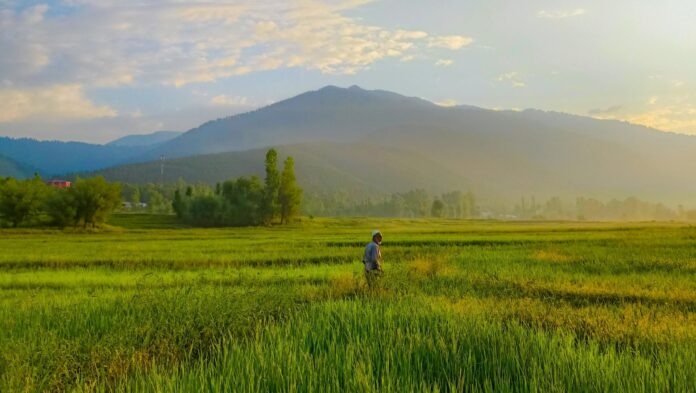Safeguarding Crops Against Extreme Weather
Frontpage Journal | Climate Insights
Sri Lanka’s agriculture sector, vital to both livelihoods and the national economy, faces growing risks from extreme weather events linked to climate change. Unpredictable rainfall, prolonged droughts, and rising temperatures threaten crop yields, food security, and rural income. Building climate resilience in agriculture is no longer optional; it is essential to safeguard the nation’s economy and ensure sustainable growth.
The impact of climate variability is already evident. Smallholder farmers, who form the backbone of Sri Lankan agriculture, are particularly vulnerable. Crop losses not only reduce household income but also disrupt supply chains and raise costs for food-dependent industries. Without adaptive measures, repeated climate shocks could compromise long-term agricultural productivity and economic stability.
Implementing resilient practices is critical. Crop diversification, climate-smart irrigation, soil conservation, and drought-resistant seed varieties enhance the ability of farms to withstand environmental stress. Integrating technology, such as weather forecasting systems and digital farm management tools, allows farmers to make data-driven decisions and optimize yields under changing conditions.
Policy support and investment are equally important. Government programs, financial incentives, and access to credit for adaptive infrastructure can empower farmers to adopt climate-resilient methods. Collaboration with research institutions and private sector partners ensures that solutions are both practical and scalable, providing long-term benefits for the entire agricultural ecosystem.
Beyond economics, climate-resilient agriculture safeguards food security, strengthens rural livelihoods, and contributes to sustainable development. Sri Lanka’s ability to adapt its farming sector to extreme weather will define its economic stability and social well-being in the decades ahead. Proactive measures today are critical to ensure that the country’s agricultural backbone remains robust, productive, and capable of supporting future generations.




